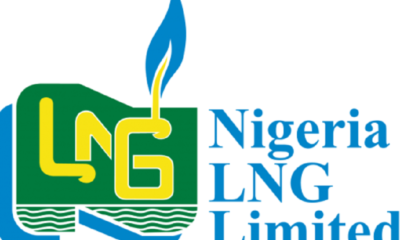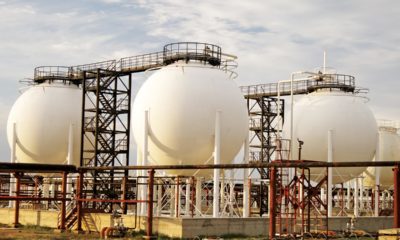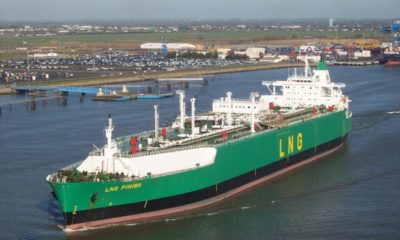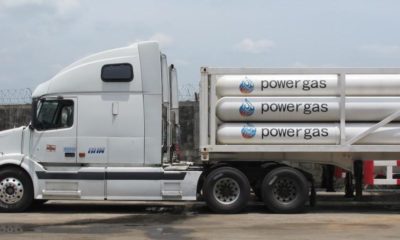- Nigeria Requires $3.5bn Investment to End Gas Flaring By 2020
Nigeria would need at least $3.5 billion investments to activate the new market-based initiative it had set up to end the practice of gas flaring at oil fields in the Niger Delta by 2020, the Programme Manager of the Nigerian Gas Flare Commercialisation Programme (NGFCP), Mr. Justice Derefaka, has disclosed.
Speaking at the 36th edition of the annual conference and exhibition of the Nigerian Association of Petroleum Explorationists (NAPE) held in Lagos recently, Derefaka, explained that the $3.5 billion to be sought by Nigeria would be brought in by investors willing to participate in the NGFCP, which according to him, has immense benefits.
Derefaka, stated the $3.5 billion investment would give annual returns of $1 billion.
“The NGFCP economic analysis also shows that with the US3.5 billion inward investments pumped in to implement the NGFCP, huge social and economic benefits would accrue to host communities in the Niger Delta, investors and the national economy as a whole.
“Benefits would include curbing pollution, climate change, global warming impacts in local communities and providing households with clean energy, particularly in unlocking LPG (cooking gas i.e. produce 600,000 MT of LPG per year),” said Derefaka.
He further explained: “In summary, this paper pinpoints the programme could trigger up to 85 projects and generate approximately 300,000 direct and indirect jobs in total.
“The potential annual revenue generation, GDP impact to the federation account is estimated at U$1 billion per annum.”
According to him, the flared gas to be monetised in the NGFCP would be harnessed from top 50 flaring points across the Niger Delta, thus reducing the volume of flared gas by 80 per cent.
He also explained that the NGFCP would reduce Nigeria’s carbon emissions by approximately 13 million tons per year, which could also be monetised under an emission credits or carbon sale programme.
Additionally, Derefaka stated that the international development partners to the NGFCP have scrutinised the initiative and subsequently proclaimed its design as detailed.
This, according to him, was an affirmation that it is an innovative, robust and scalable approach to gas flare reduction which could be replicated in many other gas flaring countries around the World.
“Overall, the NGFCP has been designed as the contribution of the petroleum sector to Nigeria’s Intended Nationally Determined Contributions (INDC) under the Paris Agreement and it is the first market driven program undertaken on this scale globally, making it a high-impact program,” he added.
Speaking on the transactional and commercial contractual structures of the NGFCP, Derefaka, stated that there would be a Milestone Development Agreement (MDA) between Flare Gas Buyer (FGB) and the federal government with the FGB undertaking to implement its project according to a set of milestones.
This, he added would also include Gas Supply Agreement (GSA) between the FGB and government which confers the government’s title of flare gas to FGBs, containing the quantities of gas contracted for, the price and the ‘take or pay terms.’
Derefaka, stated that there would also be the Connection Agreement (ConnAg) between FGBs and gas producers containing the flare gas delivery terms and conditions, rules for the physical connection of facilities, and nomination procedures; Deliver or Pay Agreement (DoPA) which is an undertaking of producers with respect to guaranteed flare gas; and Permit to Access Flare Gas (PAFG) which is a permit granted to FGB upon becoming a permit holder.
“On completion of all commercial and contractual agreement, the flare gas buyer becomes a permit holder. The FGB will pay an award fee for grant of permit to access flare gas.
“And, simultaneously with the execution of the final commercial agreements, Flare Gas Buyer will be awarded a Permit to Access Flare Gas (PAFG). This is a permit prescribed under the regulations, and is granted by DPR on behalf of FGN.
“It permits permit holder to access the flare sites for the purpose of constructing the flare gas connection assets to the producer’s facilities at all flare sites specified in the permit.
“It permits permit holder to take flare gas in the amounts contracted for under the GSA. It permits other access to those flare sites for operational reasons during the currency of the GSA. Permit holder must install metering, maintain logs and submit reports on gas utilisation, flaring and venting,” he added.
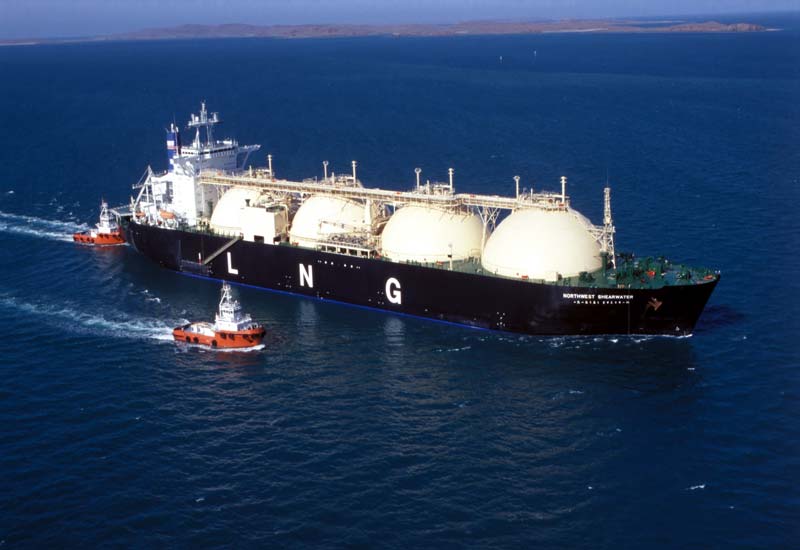

 Naira4 weeks ago
Naira4 weeks ago


 Naira4 weeks ago
Naira4 weeks ago




 Naira4 weeks ago
Naira4 weeks ago




 Naira3 weeks ago
Naira3 weeks ago
 Commodities4 weeks ago
Commodities4 weeks ago


 News4 weeks ago
News4 weeks ago
 Travel4 weeks ago
Travel4 weeks ago




 Naira3 weeks ago
Naira3 weeks ago

